Table of Contents
We explore Rubén Darío, his life and diplomatic career. In addition, we discuss his characteristics, works and recognition.
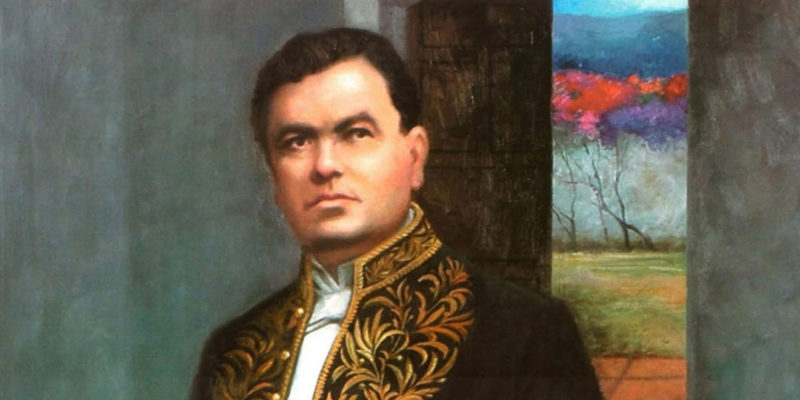
Who was Rubén Darío?
Born Félix Rubén García Sarmiento, better known as Rubén Darío, he was a journalist, diplomat, and prominent Nicaraguan poet, regarded as the major exponent of the Spanish-language literary movement known as Modernismo. He is also called the "Prince of Castilian letters".
Rubén Darío is believed by many to have been the poet with the greatest and most lasting influence in 20th-century Spanish-language literature. He is also regarded as the most important exponent of Modernismo and among the central figures in the history of Hispanic American literature.
His body of work comprises not only poetry, but also prose: chronicles, narratives, and essays. Rubén Darío was a highly acclaimed author both nationally and internationally.
- See also: Octavio Paz
Family context
Rubén Darío was born on January 18, 1867, in Metapa, today called Ciudad Darío in his honor, in Matagalpa, Nicaragua. He was the first son of Manuel García and Rosa Sarmiento, second degree cousins, who were separated at the time of his birth, as Rosa had left the family home due to Manuel's fondness for drinking and women.
Rubén Darío was raised by his grandparents in the city of León, having little contact with his mother, who met another man and left with him for Honduras, and with his father, whom he called "Uncle Manuel". A precocious reader, by the age of fourteen he aspired to publish his first book, and was considered a literary prodigy: the "child poet" of León.
Brief biography
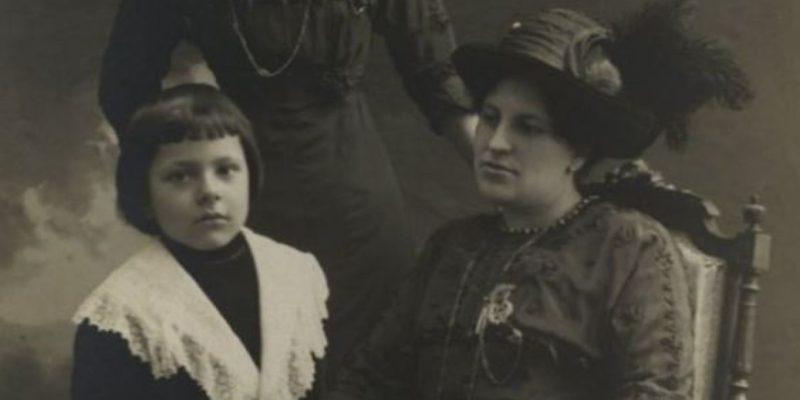
Rubén Darío's life was marked by extensive travels: he was raised in León, then moved to Managua and spent periods in El Salvador, Chile, Argentina, Cuba, and Central America. These experiences shaped his Latin American character, despite often living in poverty and being scorned by local aristocracies. This character would later be reflected in his poetry.
Darío subsequently moved to Spain and Paris, working as a correspondent for Latin American newspapers. There, he garnered the sympathies of young modernist writers, who were despised by established authors and the Royal Spanish Academy.
Rubén Darío married Rafaela Contreras Cañas in San Salvador in 1890 and later Rosario Murillo. He ended his days in an illegitimate union with Francisca Sánchez, a Spanish peasant woman from Ávila. When World War I broke out, he returned to the Americas, abandoning his family in the old continent, and went back to Nicaragua, where he died on February 6, 1916.
Diplomatic career
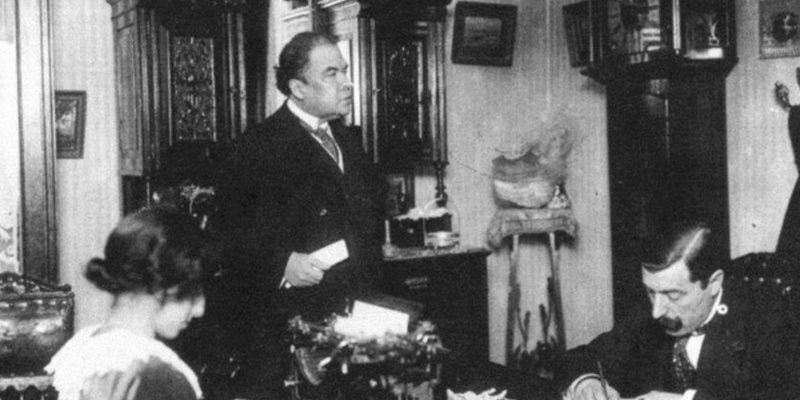
At the height of his literary popularity and being a correspondent for the Argentine newspaper La Nación, Rubén Darío was appointed by his government to various diplomatic positions: Ambassador to Spain until 1909, member of the official delegation in Paris, Mexico, and many other nations, and was named the Colombian consul in Buenos Aires. This allowed him to visit around 17 countries.
Modernismo
Rubén Darío is regarded as the founding father of Modernismo, a literary movement of central importance in late 19th and early 20th-century Hispanic literature. It was primarily a poetic movement, characterized by a profound aesthetic and language renewal, with a marked cosmopolitanism, and narcissistic and aristocratic refinement.
It was termed "La vuelta de las carabelas" (The Return of the Caravels), due to the influence that its Latin American proponents had in Spain, when traditionally it was the other way around. The movement is considered to have started with the publication of Rubén Darío's poetry collection Azul...
Influences
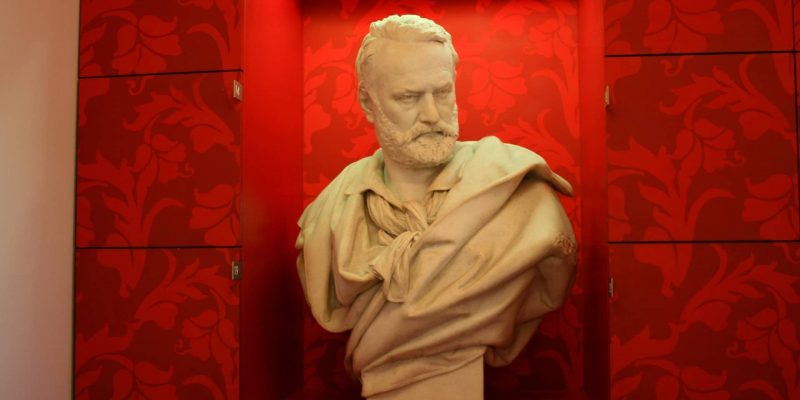
French poetry was fundamental to the formation of Rubén Darío's poetry, above all the romantics, especially Victor Hugo, followed by the Parnassians: Gautier, de Lisle, Mendès, and Heredia. However, it was the verses of Paul Verlaine and the Symbolist school that particularly inspired him.
Poetry
Darío adhered to the motto of French poet Verlaine, who proclaimed "music before everything else". As a modernist, he understood poetry as a form of music, in which rhythm was of profound importance. Therefore, in his verses he often used old or disused metrics, such as the hendecasyllable, the dodecasyllable, and the Alexandrine, as well as numerous internal rhymes and playful elements.
He made use of learned vocabulary, derived from Latin or Greek, in a highly elevated register, featuring myths of mythical antiquity or exotic places and reveries. There is a strong exoticist component in his imagery.
His central themes were eroticism, exoticism and travel, occultism and mysteries, as well as politics, especially of the Americas, and the exaltation of Latin American nations and their cultural achievements.
Famous poems
Some of Rubén Darío's best-known poems include:
- "To Columbus" (excerpt):
Unfortunate admiral! Your poor America,
your beautiful, hot-blooded, virgin Indian love,
the pearl of your dreams, is now hysterical,
her nerves convulsing and her forehead pale.A most disastrous spirit rules your land:
where once the tribesmen raised their clubs together,
now there is endless warfare between brothers,
the selfsame races wound and destroy each other.
- "The Swans" (excerpt):
What sign do you make, oh Swan, with your bent neck
to the passing of the sad and wandering dreamers?
Why so silent of being white and being beautiful,
tyrannical to the waters and impassive to the flowers?I greet you now as in Latin verses
once greeted you Publius Ovidius Naso.
The same nightingales sing the same trills,
and in different languages, it is the same song.
- "Oh my beloved girl!"
Oh, my beloved girl!
I will tell you the truth:
Your eyes seem to me
Embers behind a crystal;
Your curls, black mourning,
And your peerless mouth,
The bloodstained trace
Of the edge of a dagger.
Prose
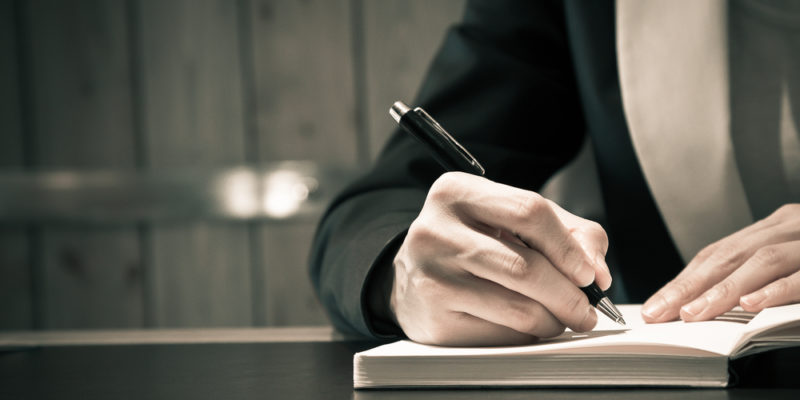
Much of Rubén Darío's literary output was written in prose, which is often forgotten. Much of his prose appeared in newspapers and magazines, though his experiments with extended narrative are also notable.
- Novel. Rubén Darío wrote an autobiographical novel he left unfinished, entitled El oro de Mallorca.
- Short stories. He authored several short stories including “A las orillas del Rhin”, “El rey burgués”, “El sátiro sordo”, “La muerte de la emperatriz de China”, “La pesadilla de Honorio”, among many others.
- Chronicles. Darío's chronicles were published in the press, becoming very famous. There are several compilations of them, including España contemporánea (1901), and Viaje a Nicaragua e intermezzo tropical (1907), among others.
Works
Rubén Darío's literary career is extremely vast, with the following books being the most renowned:
- Collections of poems. Abrojos (1887), Rimas (1887), Azul… (1888), Prosas profanas y otros poemas (1896), Oda a Mitre (1906), Canto a la Argentina y otros poemas (1910).
- Prose. Los raros (1905), España contemporánea (1901), Tierras solares (1904), an autobiography: La vida de Rubén Darío (1913), Historia de mis libros (1916).
Recognition
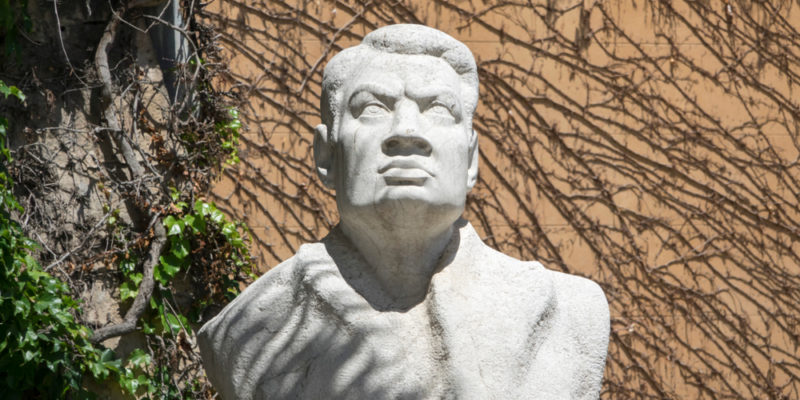
Rubén Darío has received numerous tributes, among which stand out the the large number of literary awards bearing his name, such as the International Poetry Prize “Rubén Darío” awarded by Nicaragua, and the Order of Cultural Independence Rubén Darío, the highest decoration granted by the government of Nicaragua to cultural figures and institutions of Latin American significance.
There are busts of Rubén Darío in most cities across the Americas, poets' squares, and institutions devoted to Hispanic American literature. Paradoxically, the poet has been little translated into other languages, and as a result, he is not widely known outside the Spanish-speaking world.
Explore next:
Was this information useful to you?
Yes NoThank you for visiting us :)